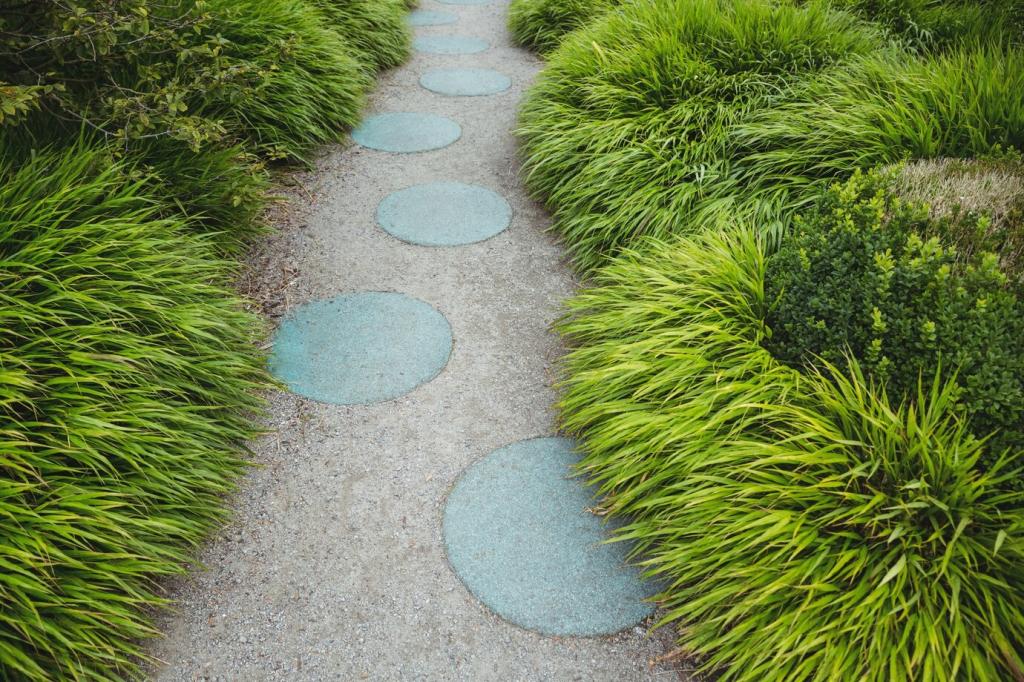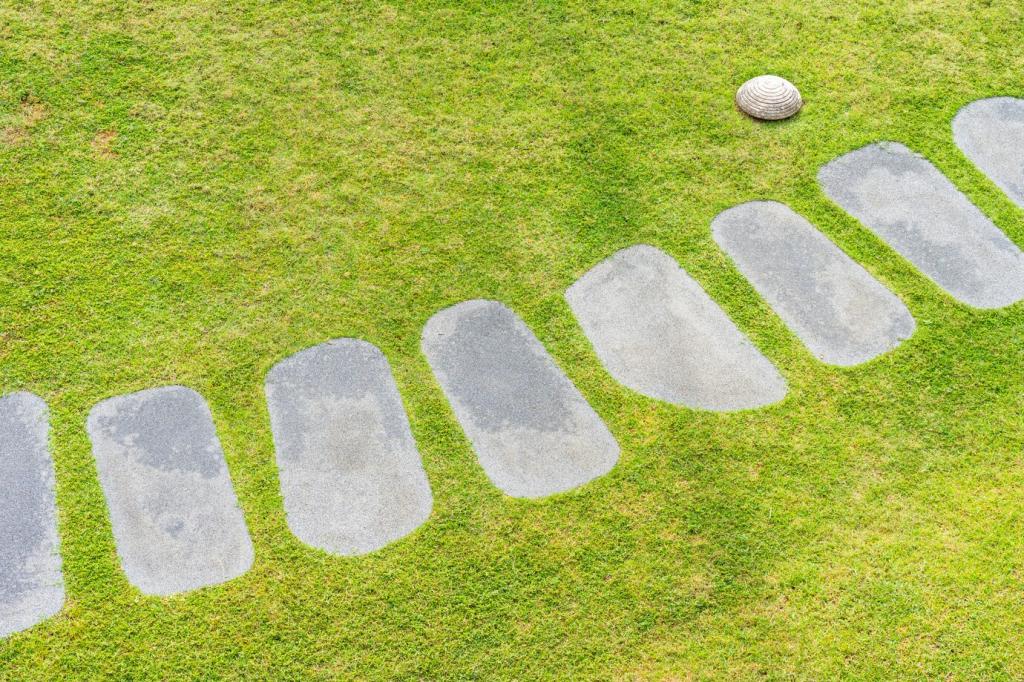
Eco-friendly Minimalist Landscape Solutions: Quiet Beauty, Lasting Impact
Selected theme: Eco-friendly Minimalist Landscape Solutions. Welcome to a calmer way of shaping outdoor spaces—where every line has a purpose, every material is kind to the earth, and every choice invites you to breathe a little easier.
Design decisions should shrink environmental impact first, then delight the eye. Fewer materials, smarter placement, and restrained geometry reduce carbon, simplify maintenance, and free weekends for living, not lawn care. Tell us what footprint you hope to reduce.
Principles of Less-and-Better Design

Rain Capture Made Elegant
Subtle channels, swales, and a simple rain chain can turn storms into sculpture. Stored water feeds beds during dry spells, minimizing hoses and guilt. Share a photo of where rain naturally gathers in your yard to start designing.
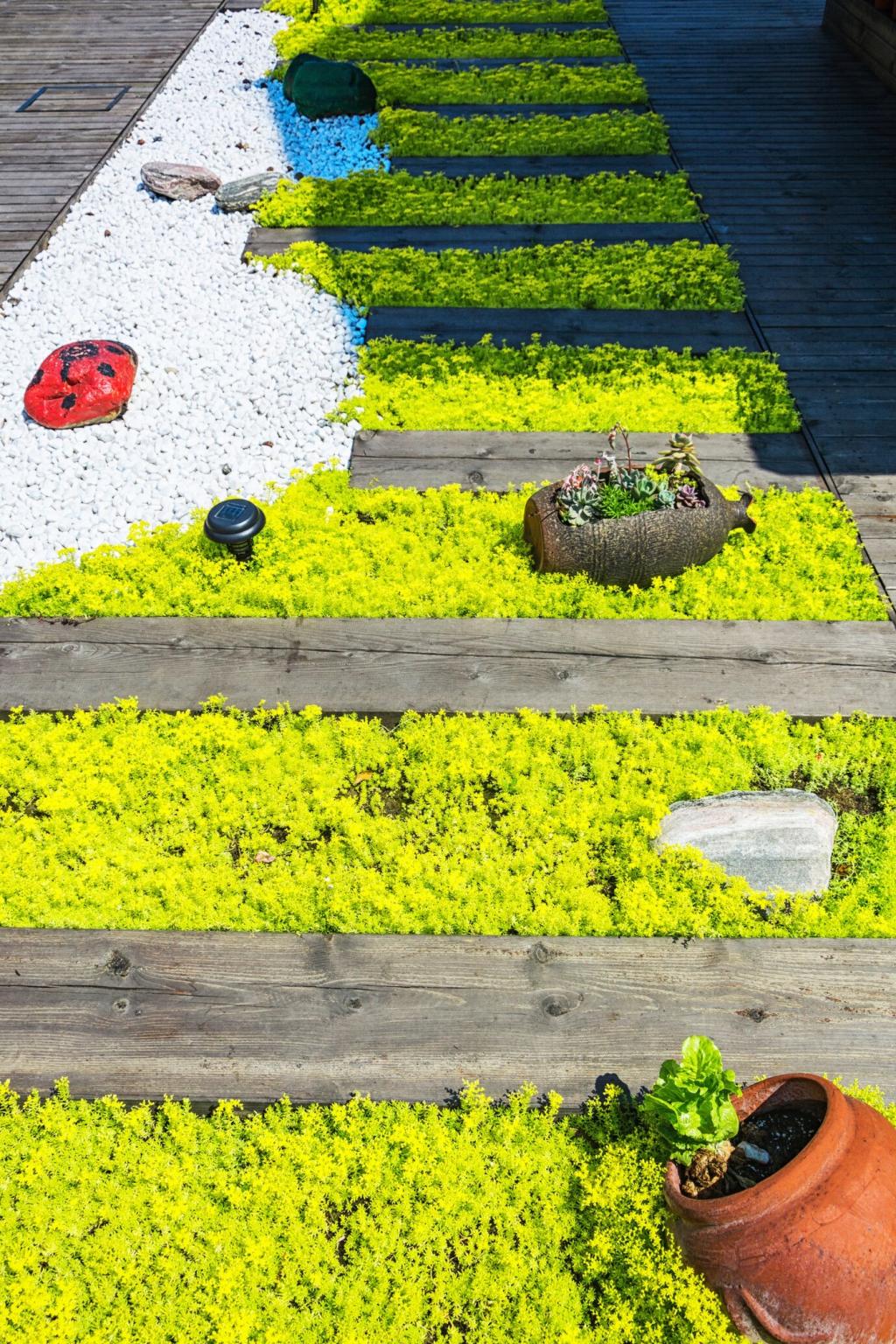
Native Plants, Timeless Calm
Native species evolved to sip, not gulp. Group by water needs, echo leaf shapes, and repeat forms for a serene rhythm. Minimal staking, minimal fuss. Which native plant would anchor your palette? Tell us and we’ll suggest companions.

Mulch as a Design Language
Gravel, shredded bark, or leaf mold can define paths, protect roots, and quiet visual clutter. Choose one texture and repeat. Mulch reduces evaporation dramatically. If you experimented with mulch depth, what worked best across seasons? Share your findings.

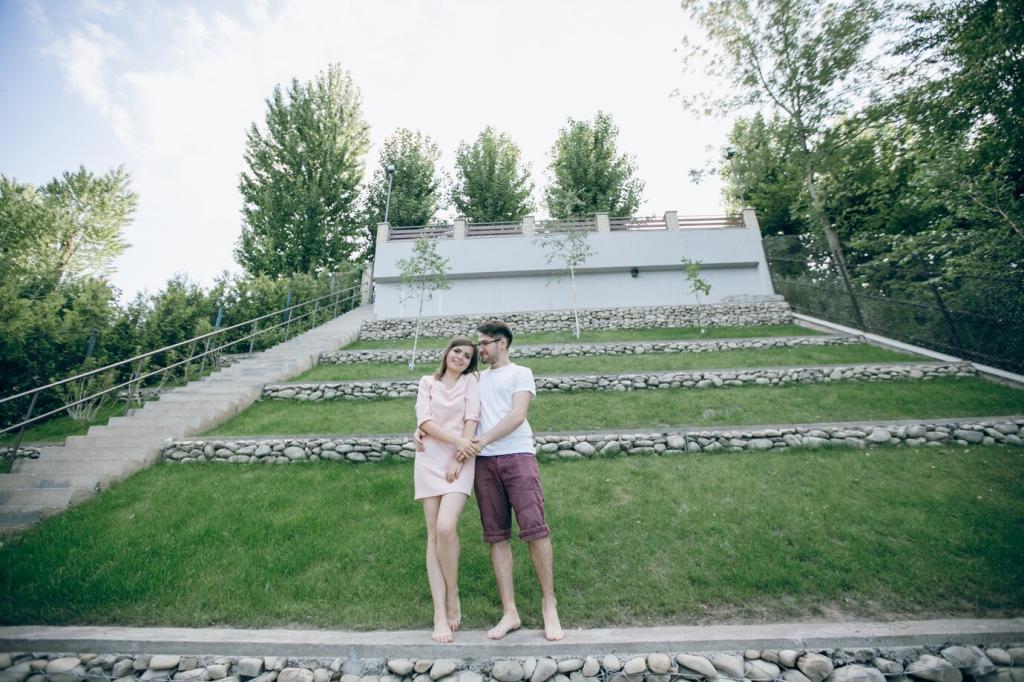
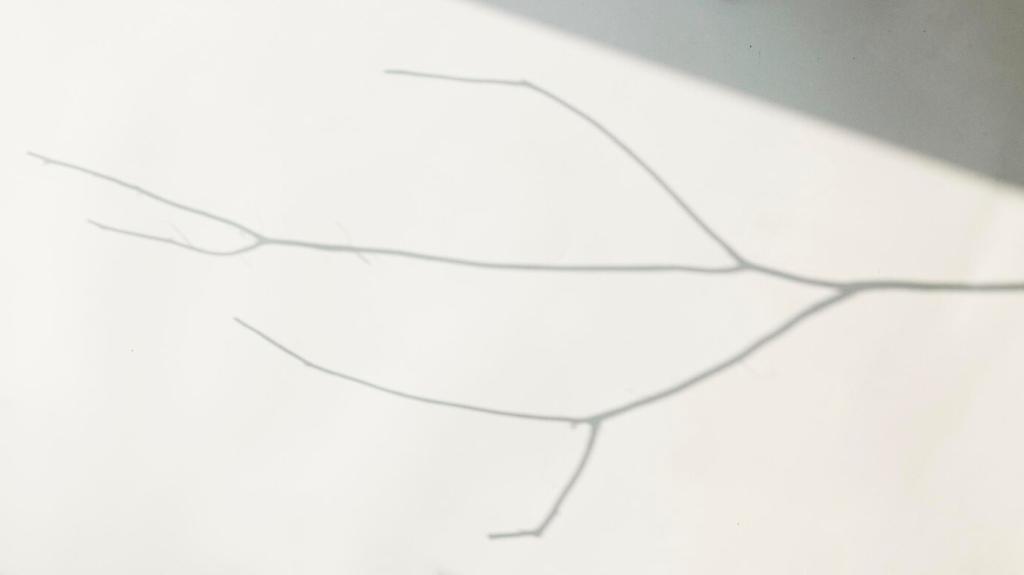
Small Spaces, Big Calm
Edit to Essentials
Pick one seating element, one living screen, and one focal plant. Multiplying choices multiplies clutter. A single, well-placed pot can anchor the entire composition. What single function—reading, tea, or stretching—should your small landscape protect?
Vertical Quiet
Slender trellises with native climbers soften walls without stealing floor space. Repeating vertical lines calms the eye and frames sky views. Share your wall dimensions, and we’ll suggest a minimal trellis rhythm that welcomes breezes.
A Bench With a Story
We once repurposed a fallen neighborhood cedar into a simple bench. Its knots tell storm tales; its form invites unhurried minutes. What local material could become your story piece? Post an idea and spark a community salvage.
Biodiversity Within Minimalism
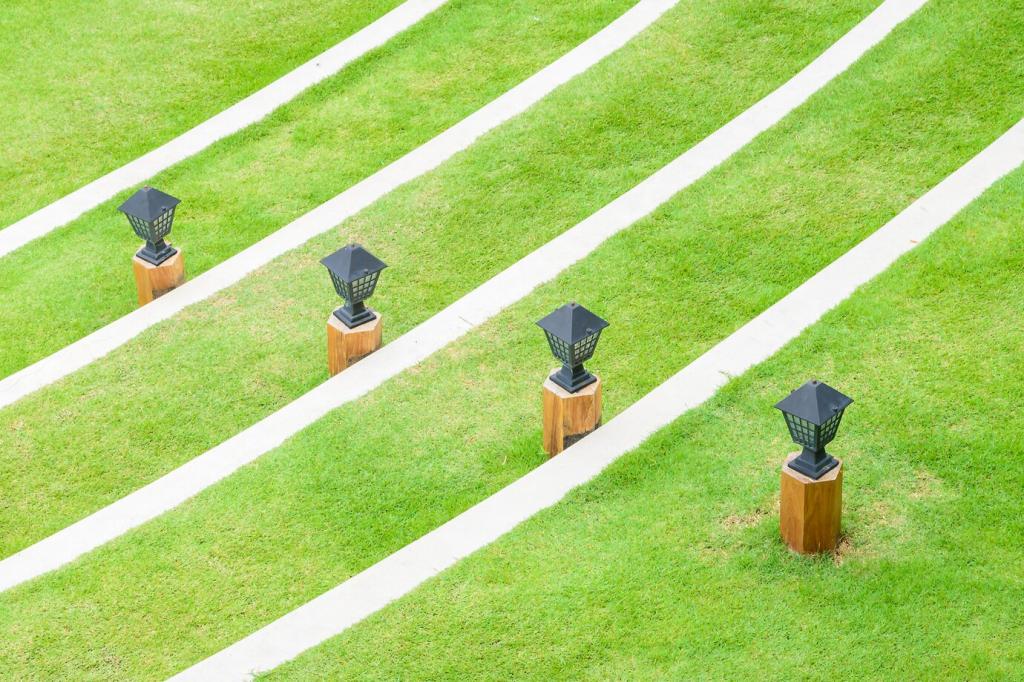
Layered Simplicity
Combine a low groundcover matrix, a mid layer of grasses, and a few upright natives for perches. Repetition keeps order while layers feed life. Which three species could compose your simple, wildlife-friendly trio?
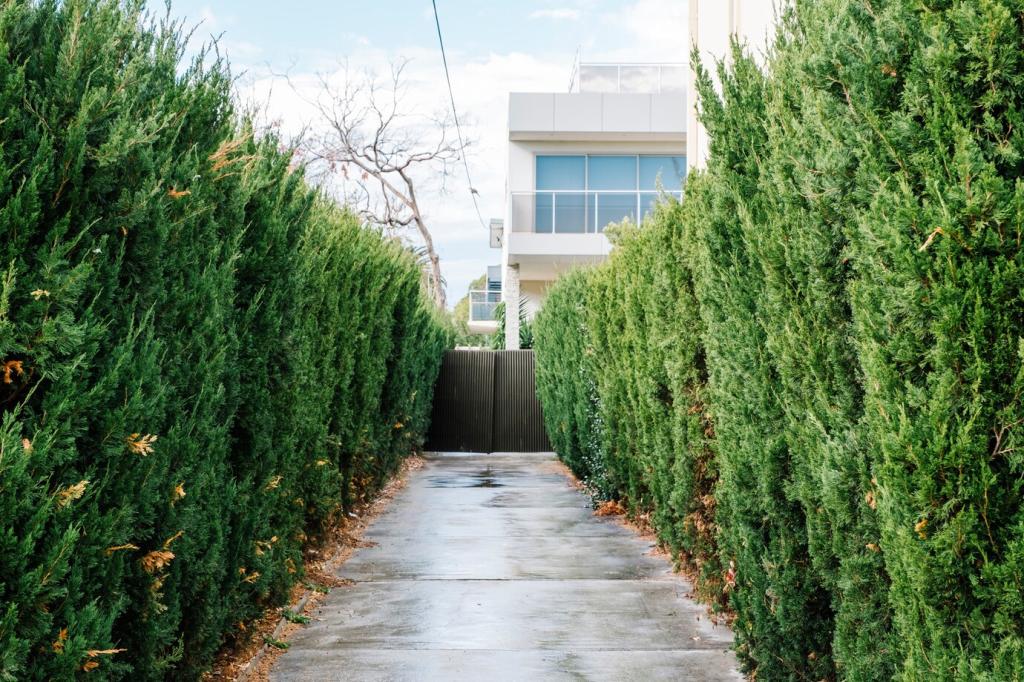
Quiet Corners for Life
A compact brush pile or hollow log tucked behind grasses offers refuge without visual clutter. Microhabitats build resilience. Have you noticed unexpected visitors after adding shelter? Tell us what arrived first in your garden sanctuary.
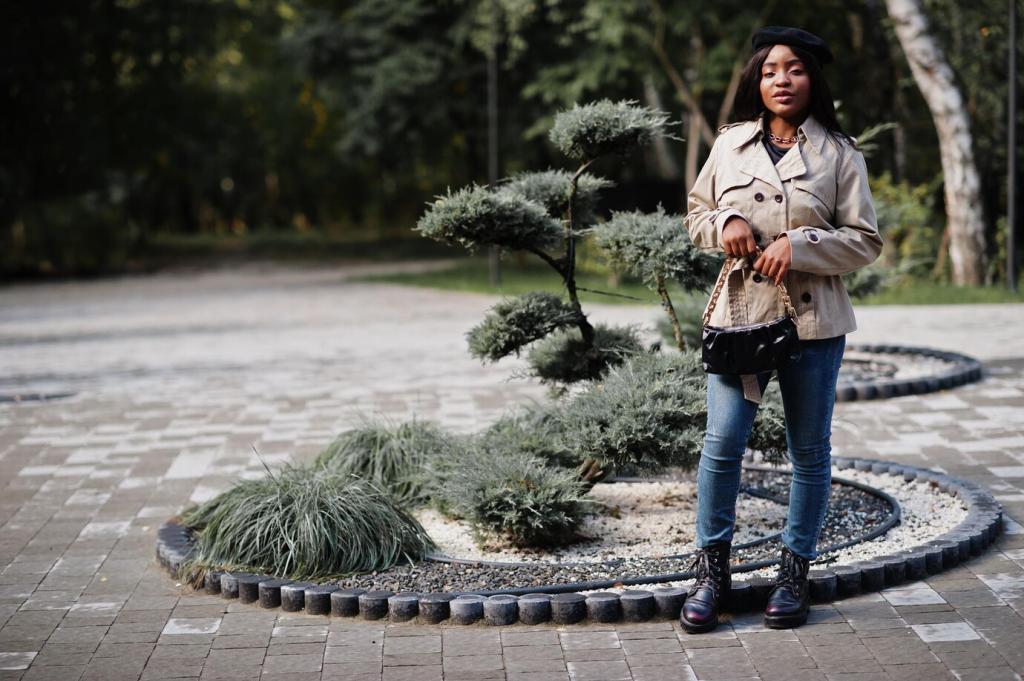
Night-Friendly, Neighbor-Kind Lighting
Warm, shielded, low-lumen lights respect pollinators and stars. Place fixtures low, aim down, and use timers. Minimal fixtures, maximal serenity. What night task truly needs light in your landscape? Share and we’ll suggest the softest solution.
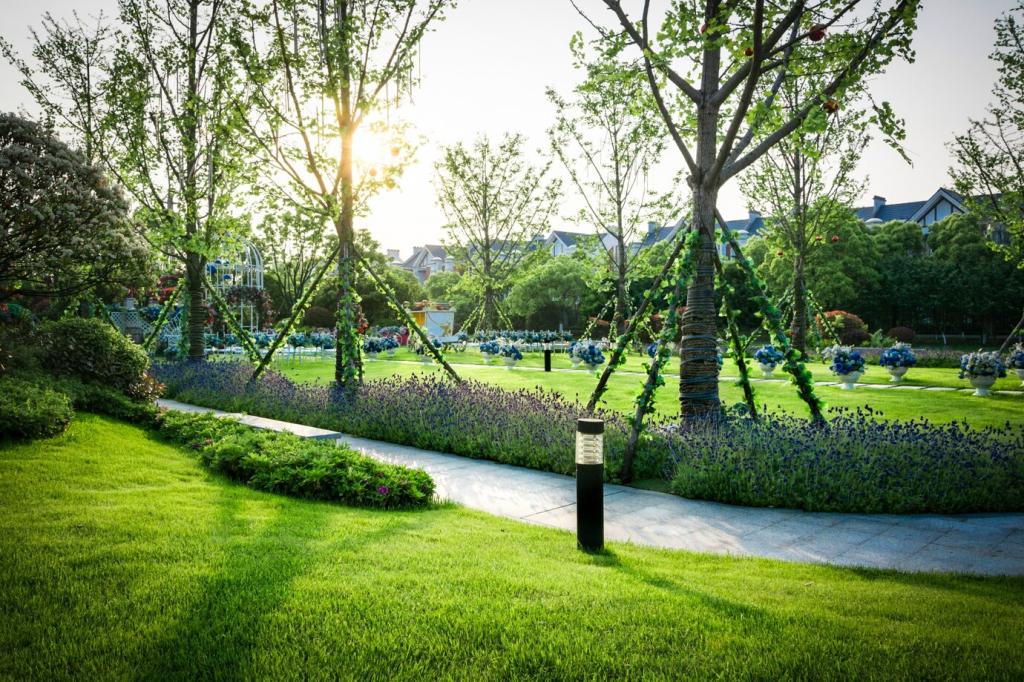
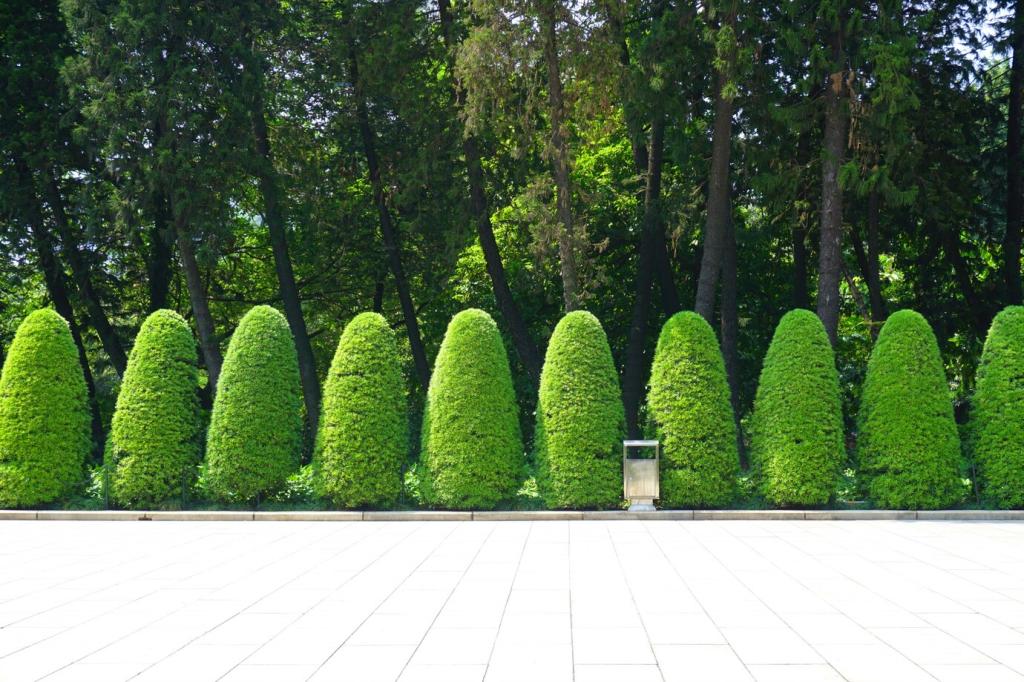
Care Rituals, Not Chores
Walk the garden with coffee, scan for stress, lift a leaf, and pull a single weed. Small, daily attention prevents big interventions. What’s your favorite dawn ritual that keeps the space calm and resilient?
Care Rituals, Not Chores
A compact, lidded bin and a discreet leaf corral can disappear behind grasses. Feed the soil, not the landfill. Curious about odor-free setups for tiny spaces? Ask, and we’ll share our simplest, proven approach.
From Lawn to Living Landscape
Start with a modest patch, solarize or sheet mulch, then sow a native meadow mix. A client replaced twenty square feet and counted eight butterfly species the first summer. What small patch could become your pilot meadow?
From Lawn to Living Landscape
A simple gravel court doubles as dining zone and raingarden overflow. Define edges with reclaimed steel and plant airy grasses for movement. Which activity—conversation, bocce, or stargazing—would give your gravel court meaning and rhythm?
